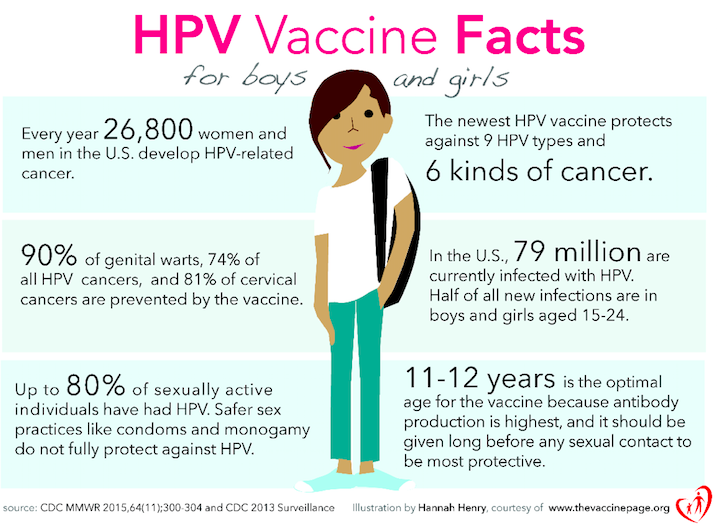How Does Sex & Gender Influence Your Health

Recent research has shown that gender/sex along with social factors has an impact not only on risk factors for some diseases, but how your body may react to certain medications and how often you see your doctor. It is for these reasons that scientists at the National Institutes of Health are paying closer attention to how gender, sex, and your overall health are linked together.
Although the terms “sex” and “gender” are used interchangeably by many, there is a difference between the words in the scientific world. Sex is biological. Males have one X chromosome and one Y chromosome in every cell within their body. Females, on the other hand, have two X chromosomes in every cell within their body.
Gender is a cultural and social concept. Gender refers to behaviors, roles, and identity that society assigns to boys, girls, men, women, and individuals that are gender-diverse. Gender is basically determined by how we view ourselves and how we interact with others. Due to the diversity in how a person understands the world around them, feels experiences, and expresses their gender – relationships and behaviors are influenced and ultimately so does a person’s overall health.
Your sex and gender influence your health
Due to biological variations, men and women have different organs, different hormones, and different cultural influences and all of these lead to variations in health.
Through extensive study, scientists are learning more about the biology of females and males. For instance, heart attack symptoms vary in men and women. Chest pain is a common symptom in both men and women, but women are more likely to experience nausea, shortness of breath, pain in the back and pain in the jaw area (temporomandibular joint – TMJ). Additionally, it is an important observation that women and men respond differently to painful stimuli.
When aware of these type of differences, the diagnosis, treatment, and outcomes of diseases are much more positive.
The differences between men and women also affect how certain medications are metabolized in the body and which diseases a person may be prone to.
Men and women metabolize nicotine much differently. This means that nicotine replacement therapies, such as patches or gum, may be less effective on women. Also, women who smoke are more susceptible to heart disease and lung deterioration than men who are also smokers. In fact, one research team also noted difference in the brain. Sixteen participants (8 women and 8 men) underwent brain scans while smoking to see how the feel good hormone, known as dopamine, triggers feelings of pleasure in the brain. The study showed that smoking alters dopamine in different locations and at different rates in men and women. By pinpointing the different brain responses in female and male smokers, it can help to create accurate smoking secession treatments. For more information about how your sex and gender specifically influence your health click here








